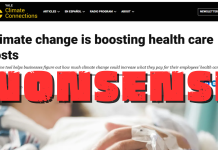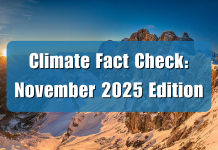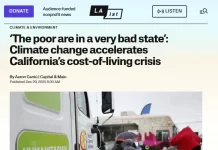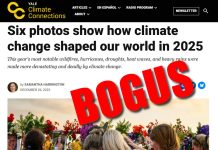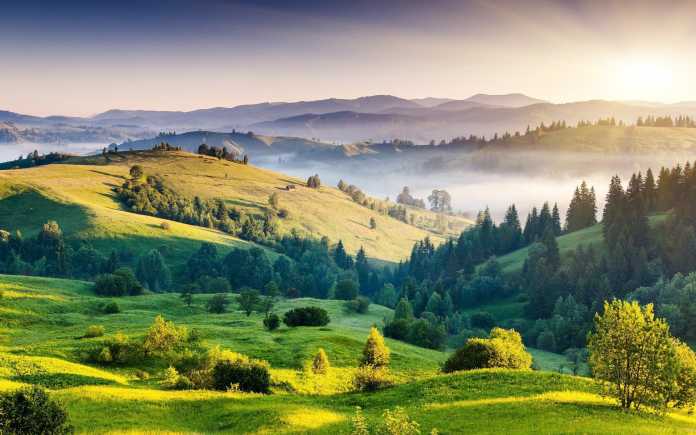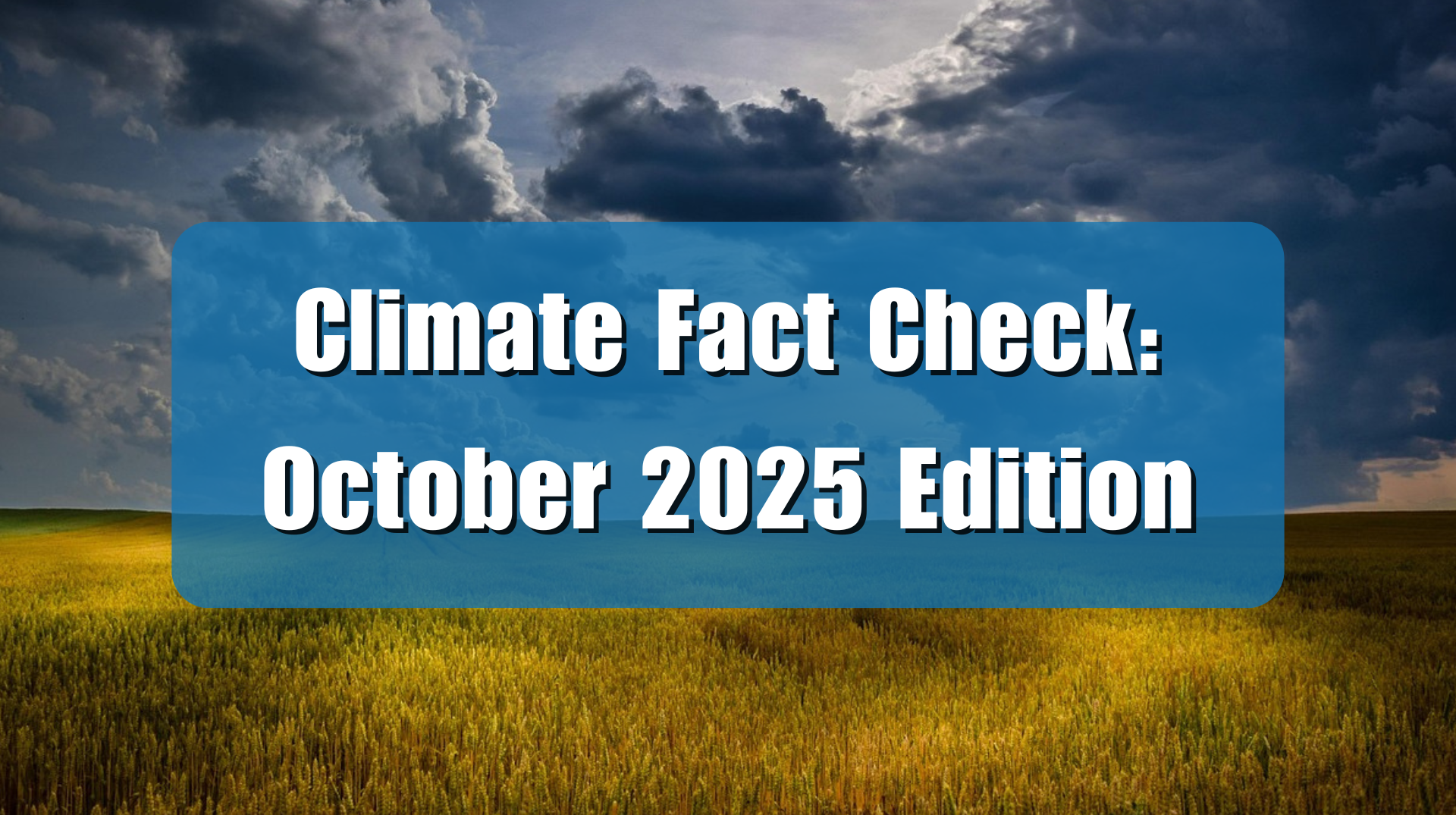Spiked Online ran an extensive article this week coauthored by noted British science journalist Matt Ridely, 5th Viscount Ridley, and Alina Chan, which describes the myriad benefits that have flowed from the recent period of climate change. Thanks for attempting bring the good news about global warming’s benefits to light, Ridley, Chan, and Spiked.
The article, titled “Why global warming is good for us,” begins by noting “Climate change is creating a greener, safer planet,” and then proceeds to back up that claim with evidence.
The biggest benefit of emissions is global greening, the increase year after year of green vegetation on the land surface of the planet. Forests grow more thickly, grasslands more richly and scrub more rapidly. This has been measured using satellites and on-the-ground recording of plant-growth rates. It is happening in all habitats, from tundra to rainforest. In the four decades since 1982, as Bjorn Lomborg points out, NASA data show that global greening has added 618,000 square kilometres of extra green leaves each year, equivalent to three Great Britains.
Research published at Climate Realism confirms Ridley and Chan’s claims, having previously describe the benefits for vegetation in general, in numerous articles, here, here, here, and here, for example. Also, of course, as Ridley and Chan note later in their article, warming has also boosted global crop production tremendously. This latter point has been made in dozens of Climate Realism articles, for instance, here, here, here, and here.
Another benefit of modest warming detailed in the Spiked article is the decline in temperature and weather related deaths during the period of modest global warming.
Another bit of good news is on deaths. We’re against them, right? A recent study shows that rising temperatures have resulted in half a million fewer deaths in Britain over the past two decades. That is because cold weather kills about “20 times as many people as hot weather,” according to the study, which analyses “over 74 million deaths in 384 locations across 13 countries.”
Once again, Climate Realism has been ahead of the curve in reporting on the decline in temperature and weather related deaths, for example, here, here, and here.
Nor, as Ridley and Chan report, has climate change resulted in greater numbers of extreme weather events or worsening intensity of such events:
[T]here’s no evidence to suggest weather volatility is increasing and no good theory to suggest it will. The decreasing temperature differential between the tropics and the Arctic may actually diminish the volatility of weather a little.
Indeed, as the Intergovernmental Panel on Climate Change (IPCC) repeatedly confirms, there is no clear pattern of storms growing in either frequency or ferocity, droughts are decreasing slightly and floods are getting worse only where land-use changes (like deforestation or building houses on flood plains) create a problem.
Real-world data gathered in numerous Climate at a Glance (CAAG) reports confirm what Ridley and Chan and the IPCC have reported. There is no evidence, extreme weather events are increasing in either number or intensity. CAAG reported on this fact here, here, and here, for example.
Ridely and Chan begin their discussion, where Climate Realism will end it, writing:
Global warming is real. It is also – so far – mostly beneficial. This startling fact is kept from the public by a determined effort on the part of alarmists and their media allies who are determined to use the language of crisis and emergency.
The goal? To exercise more control over peoples’ lives, in part by undertaking a “Great Reset” of the economy. Climate change is not now and never was about the science, it was and is about power, and elites who want to wield more of it.




